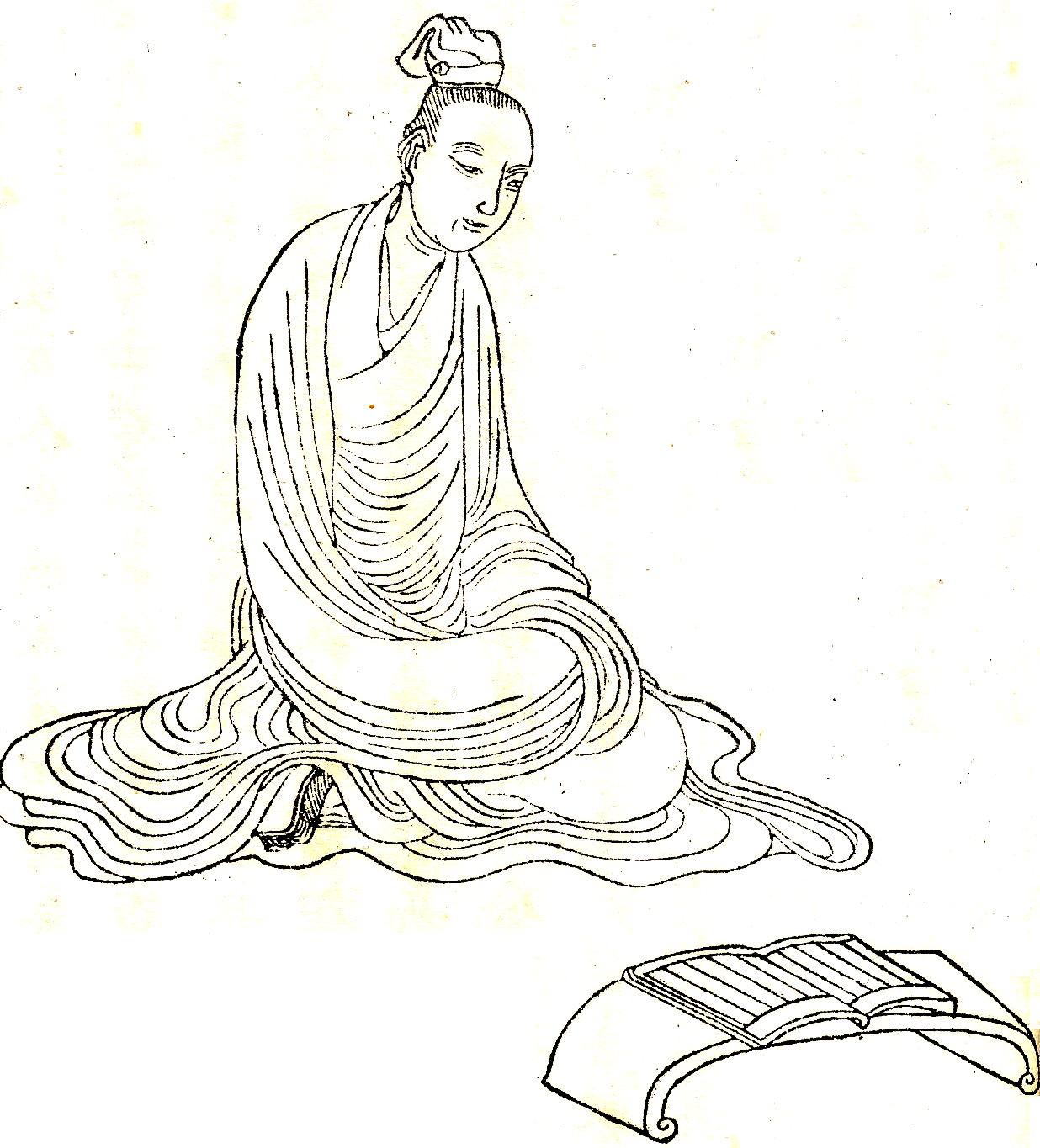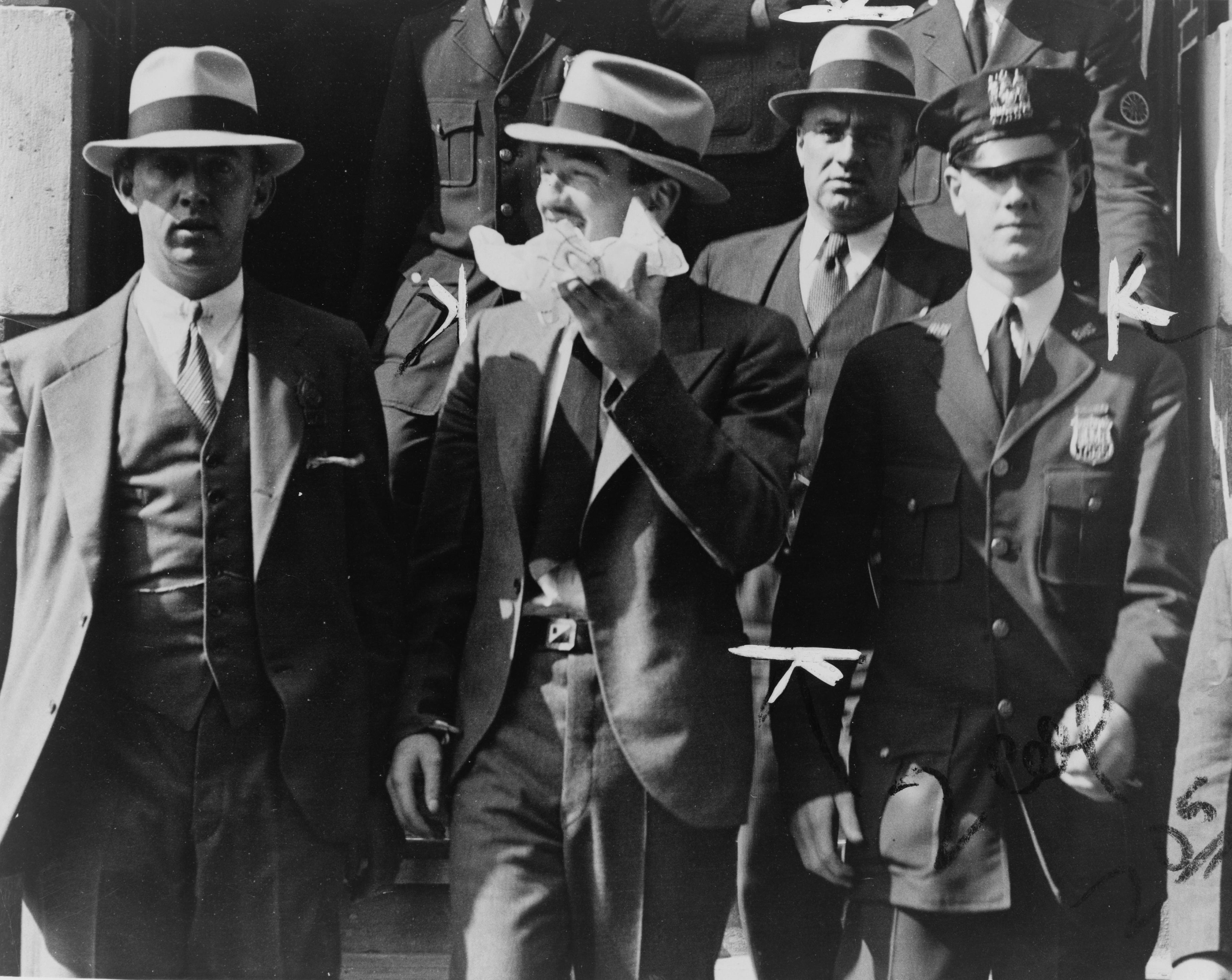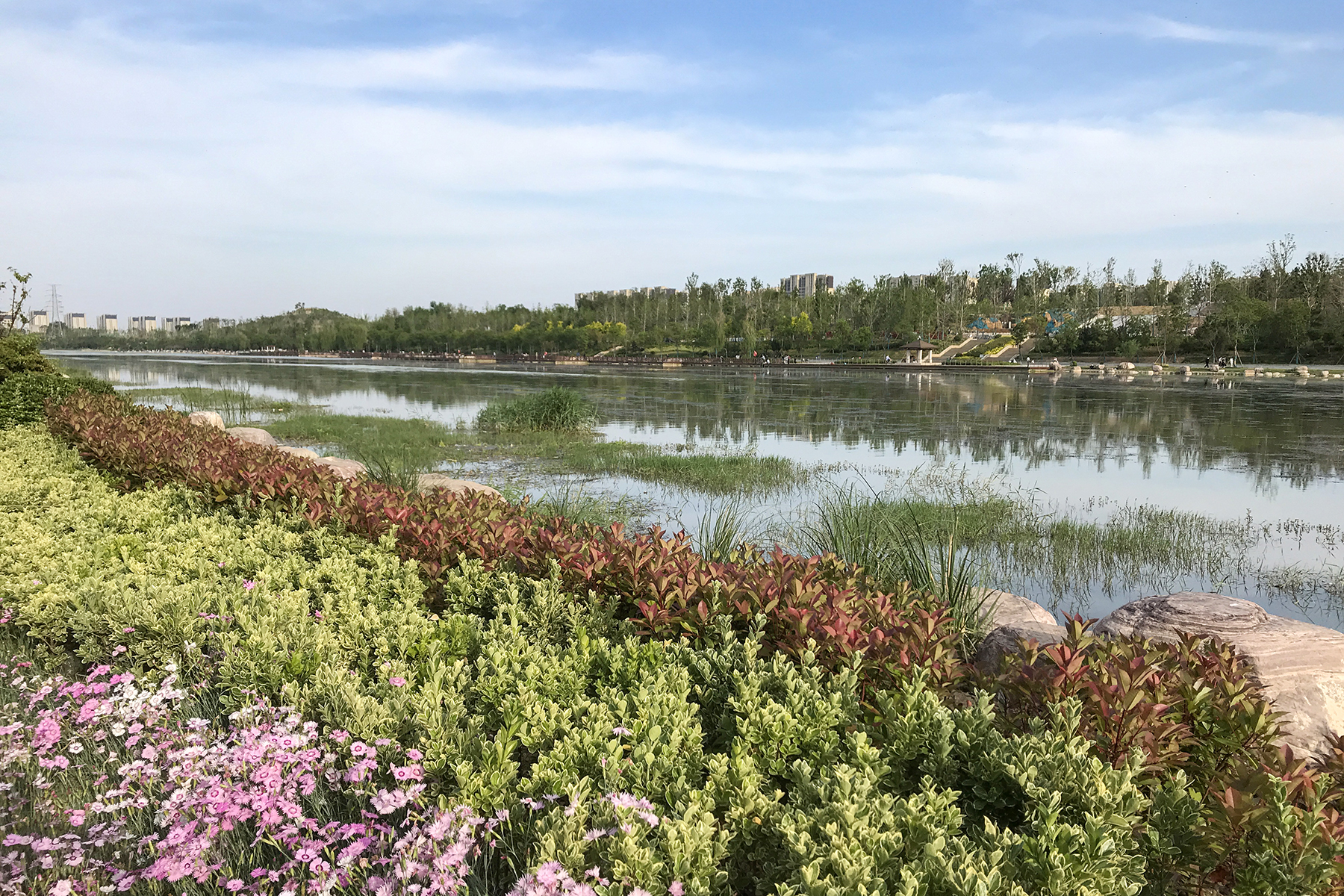|
Zhang Liang (Western Han)
:''Note: In this article, to distinguish between the Han state of the Warring States period and the Han dynasty, the former is referred to as "Hán" while "Han" is reserved for the latter.'' Zhang Liang ( 251 BC – 186 BC), courtesy name Zifang, was a Chinese military strategist and politician who lived in the early Western Han dynasty. He is also known as one of the "Three Heroes of the early Han dynasty" (), along with Han Xin () and Xiao He. Zhang Liang contributed greatly to the establishment of the Han dynasty. After his death, he was honoured with the posthumous title "Marquis Wencheng" by Emperor Qianshao. Zhang Liang is depicted in the Wu Shuang Pu (無雙譜, Table of Peerless Heroes) by Jin Guliang. Early life Zhang Liang was born in Xinzheng (新鄭; present-day Zhengzhou, Henan), the capital of the Hán state(), while his ancestral home was in Chengfu (城父; present-day Chengfu Town, Bozhou, Anhui). He descended from an aristocrat family in Hán. His grandfathe ... [...More Info...] [...Related Items...] OR: [Wikipedia] [Google] [Baidu] |
Han (state)
Han (, Old Chinese: ''*'') was an ancient Chinese state during the Warring States period of ancient China. It is conventionally romanized by scholars as Hann to distinguish it from the later Han dynasty (). It was located in central China (modern-day Shanxi and Henan) in a region south and east of Luoyang, the capital of the Eastern Zhou. It was ruled by a royal family who were former ministers in the state of Jin that had slowly gained power from the Jin royal family until they were able to divide Jin into the three new states of Han, Wei and Zhao with the assistance of two other ministerial families. The state of Han was small and located in a mountainous and unprofitable region. Its territory directly blocked the passage of the state of Qin into the North China Plain.. Although Han had attempted to reform its governance (notably under Chancellor and " Legalist" Shen Buhai who improved state administration and strengthened its military ability) these reforms were not e ... [...More Info...] [...Related Items...] OR: [Wikipedia] [Google] [Baidu] |
Han Xin
Han Xin (; 231/230–196 BC) was a Chinese military general and politician who served Liu Bang during the Chu–Han Contention and contributed greatly to the founding of the Han dynasty. Han Xin was named as one of the "Three Heroes of the early Han dynasty" ( zh, script=Hant, 漢初三傑), along with Zhang Liang and Xiao He. Han Xin is best remembered as a brilliant military leader for the strategies and tactics he employed in warfare, some of which became the origins of certain Chinese idioms, he was undefeated in battle and for his accomplishments he was considered the "God of War". In recognition of Han Xin's contributions, Liu Bang conferred the titles of " King of Qi" on him in 203 BC and "King of Chu" in the following year. However, Liu Bang feared Han Xin's growing influence and gradually reduced his authority, demoting him to "Marquis of Huaiyin" in late 202 BC. In 196 BC, Han Xin was accused of participating in a rebellion and lured into a trap and executed on Empre ... [...More Info...] [...Related Items...] OR: [Wikipedia] [Google] [Baidu] |
Contract Killing
Contract killing is a form of murder or assassination in which one party hires another party to kill a targeted person or persons. It involves an illegal agreement which includes some form of payment, monetary or otherwise. Either party may be a person, group, or organization. Contract killing has been associated with organized crime, government conspiracies, dictatorships, and vendettas. For example, in the United States, the Jewish-American organized crime gang Murder, Inc. committed hundreds of murders on behalf of the National Crime Syndicate during the 1930s and '40s. Contract killing provides the hiring party with the advantage of not having to carry out the actual killing, making it more difficult for law enforcement to connect the hirer with the murder. The likelihood that authorities will establish that party's guilt for the committed crime, especially due to lack of forensic evidence linked to the contracting party, makes the case more difficult to attribute to the hi ... [...More Info...] [...Related Items...] OR: [Wikipedia] [Google] [Baidu] |
Zhang Liang 's brother
{{human name disambiguation ...
Zhang Liang is the romanization of common names like 張良, 張亮 and 張梁. 張良 * Zhang Liang (Western Han) (died 189 BC), early Han dynasty strategist ** Zhang Liang, an animation character from the animated TV series ''The Legend of Qin'', based on the above * Zhang Liang (film director), (born 1933), film director and actor. * Zhang Liang (author), pseudonym for the author of ''The Tiananmen Papers'' 張亮 * Zhang Liang (Tang dynasty) (died 646), general of the Tang dynasty * Zhang Liang (rower) (born 1987), Chinese rower * Zhang Liang (cyclist) (born 1983), Chinese Olympic racing cyclist 張梁 * Zhang Liang (2nd-century–184), a Yellow Turban leader, Zhang Jue Zhang Jue (; died October 184) was a Chinese military general and rebel. He was the leader of the Yellow Turban Rebellion during the late Eastern Han dynasty of China. He was said to be a follower of Taoism and a sorcerer. His name is sometimes ... [...More Info...] [...Related Items...] OR: [Wikipedia] [Google] [Baidu] |
Qin's Wars Of Unification
Qin's wars of unification were a series of military campaigns launched in the late 3rd century BC by the Qin state against the other six major Chinese states — Han, Zhao, Yan, Wei, Chu and Qi. Between 247 BC and 221 BC, Qin had emerged as one of the most powerful of the Seven Warring States in China. In 230 BC, Ying Zheng, the King of Qin, unleashed the final campaigns of the Warring States period, setting out to conquer the remaining states one by one. Following the fall of Qi in 221 BC, China was unified under Qin control. Ying Zheng declared himself "Qin Shi Huang" (meaning "First Emperor of Qin") and established the Qin dynasty, becoming the first sovereign ruler of a unified China. Background Rise of Qin and early conquests Over the course of the Warring States period, the Qin state had evolved to become the most powerful of the seven major states in China, particularly after Shang Yang's reforms in the mid 4th century BC. The other six states would repeate ... [...More Info...] [...Related Items...] OR: [Wikipedia] [Google] [Baidu] |
Qin (state)
Qin () was an ancient Chinese state during the Zhou dynasty. Traditionally dated to 897 BC, it took its origin in a reconquest of western lands previously lost to the Rong; its position at the western edge of Chinese civilization permitted expansion and development that was unavailable to its rivals in the North China Plain. Following extensive "Legalist" reform in the fourth century BC, Qin emerged as one of the dominant powers of the Seven Warring States and unified the seven states of China in 221 BC under Qin Shi Huang. It established the Qin dynasty, which was short-lived but greatly influenced later Chinese history. History Founding According to the 2nd century BC historical text ''Records of the Grand Historian'' by Sima Qian, the Qin state traced its origin to Zhuanxu, one of the legendary Five Emperors in ancient times. One of his descendants, Boyi, was granted the family name of Yíng by Emperor Shun. During the Xia and Shang dynasties, the Yíng clan split ... [...More Info...] [...Related Items...] OR: [Wikipedia] [Google] [Baidu] |
Chancellor Of China
The grand chancellor (''zaixiang, tsai-hsiang''), also translated as counselor-in-chief, chancellor, chief councillor, chief minister, imperial chancellor, lieutenant chancellor and prime minister, was the highest-ranking executive official in the imperial Chinese government. The term was known by many different names throughout Chinese history, and the exact extent of the powers associated with the position fluctuated greatly, even during a particular dynasty. During the Six Dynasties period, the term denoted a number of power-holders serving as chief administrators, including ''zhongshun jian'' (Inspector General of the Secretariat), ''zhongshu ling'' (President of the Secretariat), ''shizhong'' (Palace Attendant), ''shangshu ling'' and ''puye'' (president and vice-president of the Department of State Affairs). History In the Spring and Autumn period, Guan Zhong was the first chancellor in China, who became chancellor under the state of Qi in 685 BC. In Qin, during the Warring ... [...More Info...] [...Related Items...] OR: [Wikipedia] [Google] [Baidu] |
Anhui
Anhui , (; formerly romanized as Anhwei) is a landlocked province of the People's Republic of China, part of the East China region. Its provincial capital and largest city is Hefei. The province is located across the basins of the Yangtze River and the Huai River, bordering Jiangsu to the east, Zhejiang to the southeast, Jiangxi to the south, Hubei to the southwest, Henan to the northwest, and Shandong for a short section in the north. With a population of 63.65 million, Anhui is the 8th most populous province in China. It is the 22nd largest Chinese province based on area, and the 12th most densely-populated region of all 34 Chinese provincial regions. Anhui's population is mostly composed of Han Chinese. Languages spoken within the province include Jianghuai Mandarin, Wu, Hui, Gan and small portion of Zhongyuan Mandarin Chinese. The name "Anhui" derives from the names of two cities: Anqing and Huizhou (now Huangshan City). The abbreviation for Anhui is "" after the histori ... [...More Info...] [...Related Items...] OR: [Wikipedia] [Google] [Baidu] |
Bozhou
Bozhou () is a prefecture-level city in northwestern Anhui province, China. It borders Huaibei to the northeast, Bengbu to the southeast, Huainan to the south, Fuyang to the southwest, and Henan to the north. Its population was 4,996,844 at the 2020 census, of whom 1,537,231 lived in the built-up area made of Qiaocheng urban district, even though the county remains largely rural. Administration The prefecture-level city of Bozhou administers 4 county-level divisions, including 1 district and 3 counties. *Qiaocheng District () *Guoyang County () *Lixin County () *Mengcheng County () Geography Bozhou features a monsoon-influenced humid subtropical climate (Köppen ''Cwa'') with four distinct seasons. With an annual mean temperature of , the monthly 24-hour average temperature ranges from in January to in August. Winters are damp and cold (yet the precipitation is low) while summers are hot and humid. Rainfall is heavily concentrated in the warmer months, as more than half of ... [...More Info...] [...Related Items...] OR: [Wikipedia] [Google] [Baidu] |
Ancestral Home (China)
In Chinese culture, hometown or ancestral home () is the place of origin of one's extended family. It may or may not be the place where one is born. For instance, two people may both be born in Shanghai, but the hometowns of their ancestors may be different. Definition A subjective concept, a person's ancestral home could be the birthplace of ''any'' of their patriline ancestors. Su Shi limited it to five generations, i.e. it refers to the home of one's great-great-grandfather. Even more broadly, an ancestral home can refer to the first locality where a surname came to be established or prominent. Commonly, a person usually defines their hometown as what their father considers to be his ancestral home. In practice, most people would define their ancestral homes as the birthplace of their patriline ancestors from the early 20th century, around the time when government authorities began to collect such information from individuals. Moreover, a person's ancestral home can be defi ... [...More Info...] [...Related Items...] OR: [Wikipedia] [Google] [Baidu] |
Henan
Henan (; or ; ; alternatively Honan) is a landlocked province of China, in the central part of the country. Henan is often referred to as Zhongyuan or Zhongzhou (), which literally means "central plain" or "midland", although the name is also applied to the entirety of China proper. Henan is a birthplace of Han Chinese civilization, with over 3,200 years of recorded history and remained China's cultural, economic and political center until approximately 1,000 years ago. Henan Province is home to many heritage sites, including the ruins of Shang dynasty capital city Yin and the Shaolin Temple. Four of the Eight Great Ancient Capitals of China, Luoyang, Anyang, Kaifeng and Zhengzhou, are in Henan. The practice of tai chi also began here in Chen Jia Gou Village (Chen style), as did the later Yang and Wu styles. Although the name of the province () means "south of the ellowriver.", approximately a quarter of the province lies north of the Yellow River, also known as the Hu ... [...More Info...] [...Related Items...] OR: [Wikipedia] [Google] [Baidu] |
Zhengzhou
Zhengzhou (; ), also spelt Zheng Zhou and alternatively romanized as Chengchow, is the capital and largest city of Henan Province in the central part of the People's Republic of China. Located in north-central Henan, it is one of the National Central Cities in China, the centre of Central Plains area, and serves as the political, economic, technological, and educational center of the province. The Zhengzhou metropolitan area (including Zhengzhou and Kaifeng) is the core area of the Central Plains Economic Zone. The city lies on the southern bank of the Yellow River. Zhengzhou is a major hub of China's national transportation network, with railways connecting Zhengzhou to Europe and an international airport. Zhengzhou is a and a State-list Famous Historical and Culture City. As of 2020, there are two World Cultural Heritage Sites in Zhengzhou. The Zhengzhou Commodity Exchange (ZCE) is China's first futures exchange. Zhengzhou Airport Economy Zone is China's first Airport E ... [...More Info...] [...Related Items...] OR: [Wikipedia] [Google] [Baidu] |

.jpg)







